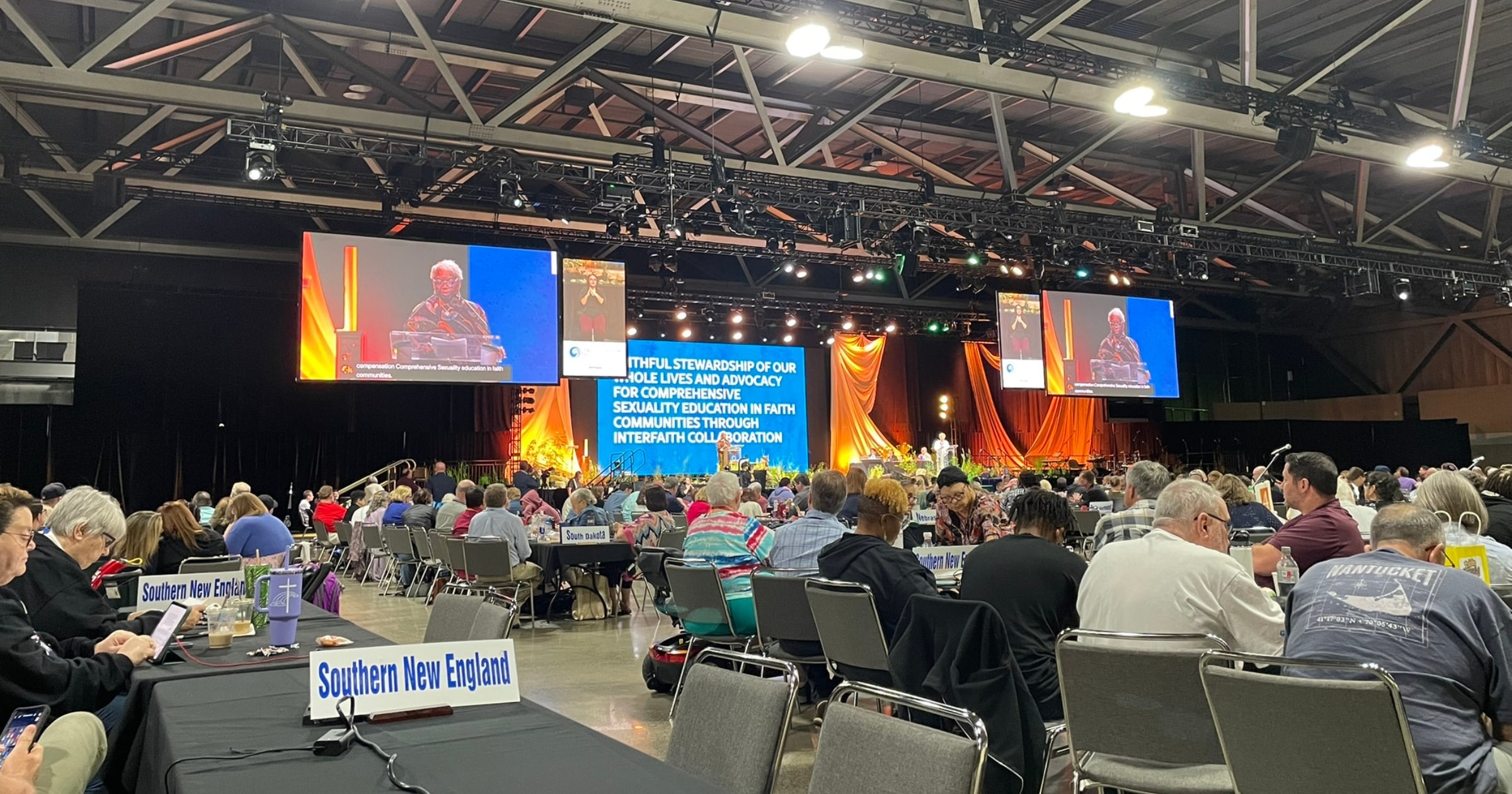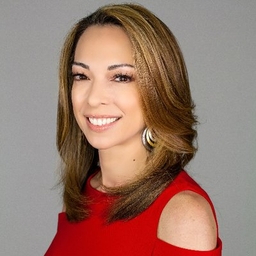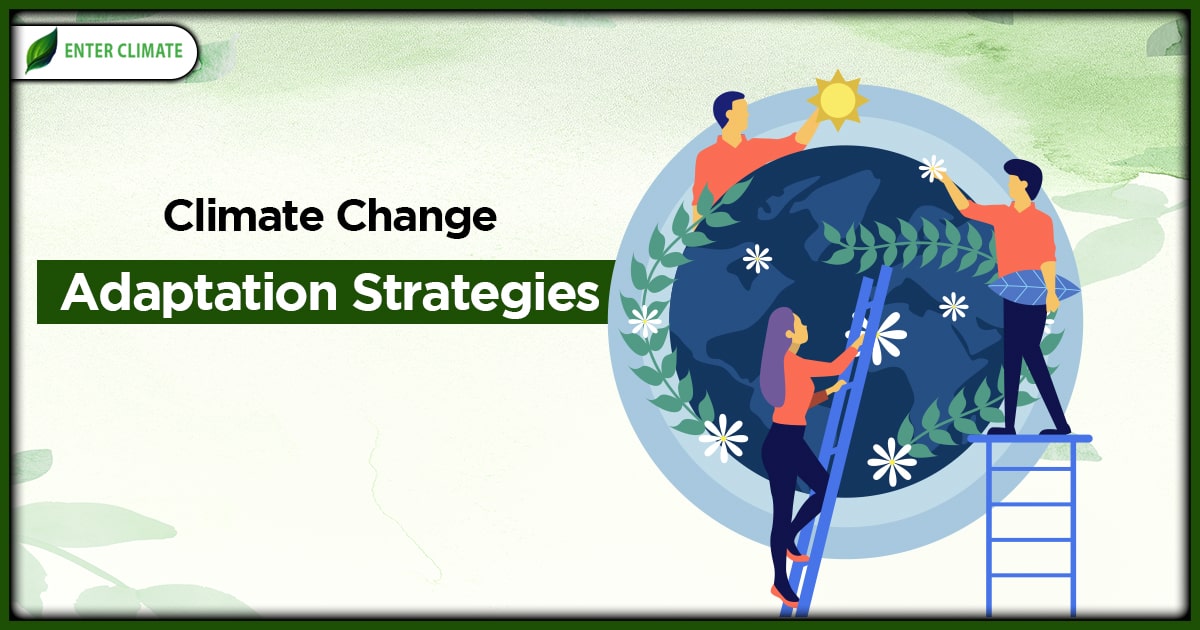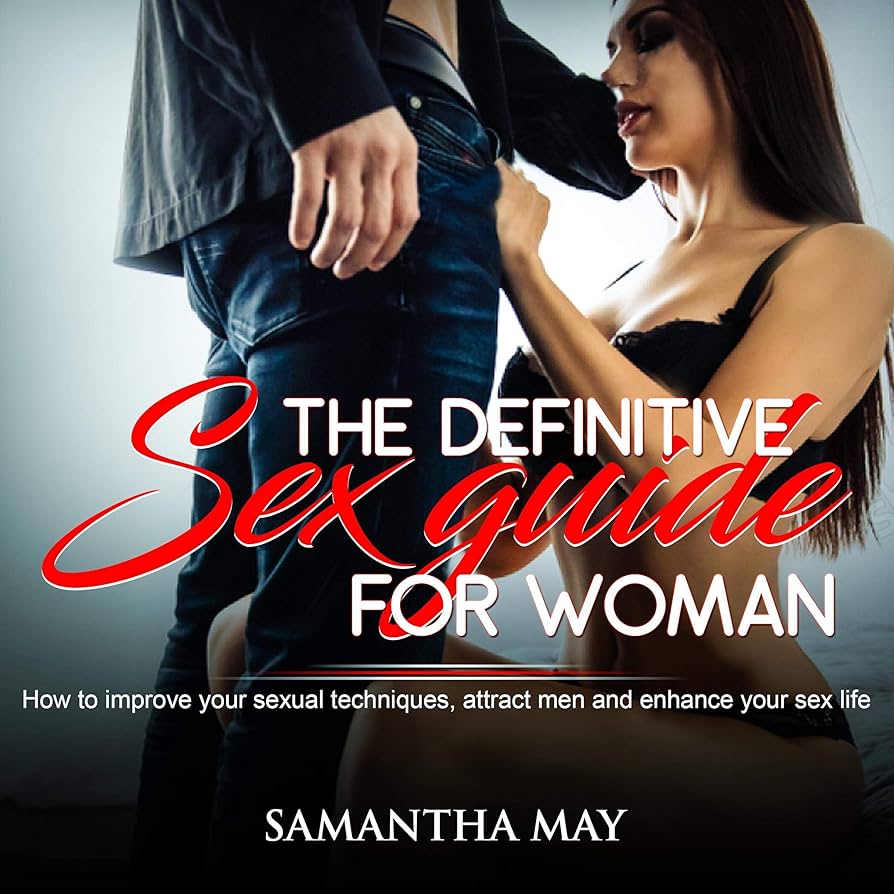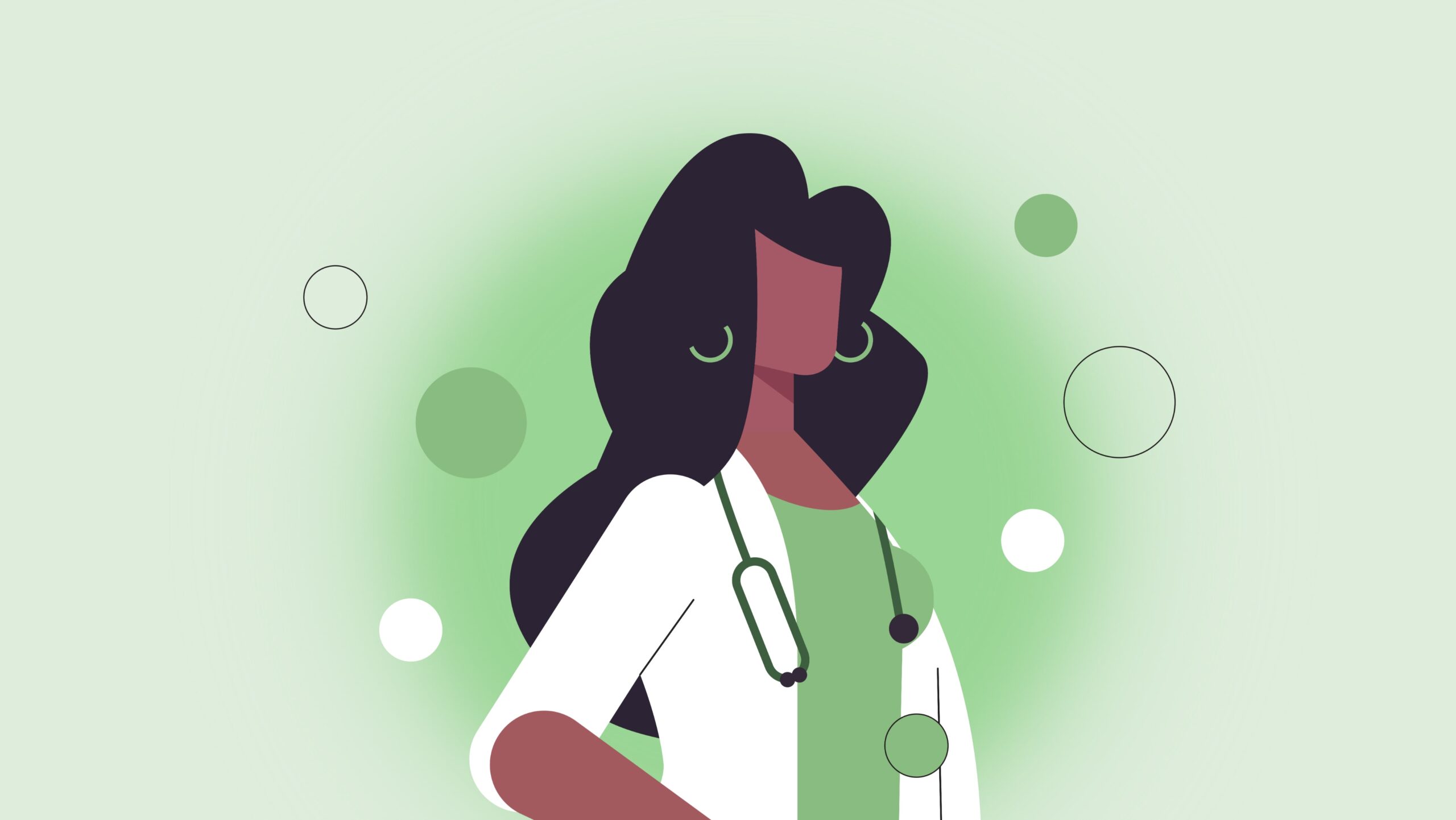Report on the General Synod’s Affirmation of the “Our Whole Lives” Program and its Contribution to Sustainable Development Goals
Introduction
The General Synod has overwhelmingly affirmed the “Our Whole Lives” (OWL) program on its 25th anniversary. The program, a long-standing partnership between the United Church of Christ (UCC) and the Unitarian Universalist Association (UUA), provides faith-based comprehensive sexuality education. The Synod’s resolution underscores the program’s alignment with key principles of the Sustainable Development Goals (SDGs), particularly in the areas of health, education, equality, and partnerships.
Resolution on Faithful Stewardship and Advocacy
A resolution titled “Faithful Stewardship of Our Whole Lives and Advocacy for Comprehensive Sexuality Education in Faith Communities Through Interfaith Collaboration” was passed with a decisive vote of 625 to 11, with 13 abstentions. The resolution solidifies the church’s commitment to providing scientifically accurate and life-affirming education.
- The resolution affirms that providing developmentally appropriate sexuality education is integral to the church’s mission.
- It establishes an annual observance to promote the OWL program, suggesting that churches dedicate time during the month of May to hold educational workshops or distribute informational materials.
- The resolution celebrates the program’s adaptability for both secular and faith-based settings and its use across various age groups.
Program Impact and Alignment with Sustainable Development Goals (SDGs)
Testimonies from delegates highlighted the program’s profound impact on individuals and communities, demonstrating its direct contribution to several UN Sustainable Development Goals.
-
SDG 3: Good Health and Well-being
The OWL program is a critical tool for advancing public health and well-being. By providing comprehensive, lifespan sexuality education, it directly supports SDG Target 3.7, which aims to ensure universal access to sexual and reproductive health-care services and education.
- The curriculum promotes knowledge of bodily autonomy, health, and consent, which are fundamental to physical and mental well-being.
- Delegates described the program as “lifesaving,” particularly in rural communities where such resources are scarce, thereby improving health outcomes.
-
SDG 4: Quality Education & SDG 5: Gender Equality
OWL provides inclusive and equitable quality education, fostering lifelong learning opportunities for all. This aligns with SDG 4 by equipping youth with the knowledge and skills needed for a respectful and healthy life. It simultaneously advances SDG 5 by promoting gender equality and empowering all individuals.
- The program’s focus on consent and support for the LGBTQ+ community directly challenges gender-based discrimination and promotes human rights, contributing to SDG Target 4.7 (education for sustainable development and global citizenship) and Target 5.6 (ensure universal access to sexual and reproductive health and reproductive rights).
- A youth delegate emphasized the program’s role in creating a “respectful and helpful generation” by teaching bodily autonomy in the face of attacks on women’s and LGBTQ+ rights.
-
SDG 10: Reduced Inequalities & SDG 16: Peace, Justice and Strong Institutions
The program actively works to reduce inequalities by serving as a vital resource for marginalized groups. It provides a safe and inclusive space for education, particularly for youth in small towns and rural churches, contributing to the goals of SDG 10. The democratic process of the General Synod in affirming the program exemplifies the principles of SDG 16.
- The Rev. Roberto Ochoa noted that rural churches often serve as a “beacon for lifesaving education like OWL,” ensuring access for underserved populations.
- By fostering understanding and respect, the program helps build more peaceful and inclusive societies.
-
SDG 17: Partnerships for the Goals
The 25-year collaboration between the UCC and the UUA is a model of SDG 17. This interfaith partnership demonstrates how civil society organizations can work together to achieve what neither could do alone, creating a program with international respect and significant impact.
- Leaders from both organizations celebrated the partnership’s success in breaking silences around shame and stigma.
- The joint effort has resulted in a values-based curriculum unrivaled for its depth, breadth, and longevity.
Conclusion
The General Synod’s celebration and strong reaffirmation of the Our Whole Lives program highlight its critical role not only within faith communities but also as a significant contributor to global sustainable development. For 25 years, the program has advanced health, provided quality education, promoted equality, and exemplified the power of partnership. The stories and testimonies shared at the Synod confirm that the program is an essential vehicle for fostering dignity, justice, and well-being in alignment with the Sustainable Development Goals.
SDGs Addressed in the Article
- SDG 3: Good Health and Well-being: The article focuses on a comprehensive sexuality education program that promotes health, well-being, and bodily autonomy.
- SDG 4: Quality Education: The core of the article is about the “Our Whole Lives” (OWL) program, which provides “lifespan sexuality education that is developmentally appropriate and scientifically accurate.”
- SDG 5: Gender Equality: The program is highlighted as vital in the face of “attack on women’s rights and the rights of the LGBTQ+ community” and for teaching consent and bodily autonomy.
- SDG 10: Reduced Inequalities: The article notes the program’s importance for the LGBTQ+ community and its role in providing “lifesaving education” in small town and rural churches, thereby reaching underserved populations.
- SDG 16: Peace, Justice and Strong Institutions: The program aims to create a “respectful and helpful generation” by teaching consent and promoting the “dignity of every human being,” which contributes to more peaceful and just societies.
- SDG 17: Partnerships for the Goals: The article explicitly celebrates the 25-year partnership between the United Church of Christ (UCC) and the Unitarian Universalist Association (UUA) as essential to the program’s success.
Specific SDG Targets Identified
SDG 3: Good Health and Well-being
- Target 3.7: By 2030, ensure universal access to sexual and reproductive health-care services, including for family planning, information and education.
Explanation: The OWL program directly addresses this target by providing “faith-based comprehensive sexuality education.” The article states that the program is “lifesaving” and helps break “silences that fertilized shame and stigma,” contributing to better sexual and reproductive health outcomes through education.
SDG 4: Quality Education
- Target 4.7: By 2030, ensure that all learners acquire the knowledge and skills needed to promote sustainable development, including, among others, through education for… human rights, gender equality, [and] promotion of a culture of peace and non-violence.
Explanation: The article highlights that the OWL program teaches youth about “their own bodies and bodily autonomy,” “consent,” and “the rights of the LGBTQ+ community.” This education helps create a “respectful and helpful generation,” directly aligning with the educational goals for promoting human rights and gender equality.
SDG 5: Gender Equality
- Target 5.6: Ensure universal access to sexual and reproductive health and reproductive rights.
Explanation: The program’s focus on teaching “bodily autonomy” and providing scientifically accurate information is crucial for individuals to exercise their reproductive rights. A delegate is quoted saying it is “vital for people, especially youth, to learn more about their own bodies and bodily autonomy” in response to attacks on “women’s rights.”
SDG 10: Reduced Inequalities
- Target 10.2: By 2030, empower and promote the social, economic and political inclusion of all, irrespective of age, sex, …religion or other status.
Explanation: The article emphasizes the program’s support for the “rights of the LGBTQ+ community” and its availability across different age groups (“lifespan sexuality education”). It also notes its importance in “small town and rural churches,” promoting inclusion for geographically and socially marginalized groups.
SDG 16: Peace, Justice and Strong Institutions
- Target 16.1: Significantly reduce all forms of violence and related death rates everywhere.
Explanation: By teaching consent, the program directly addresses a root cause of sexual violence. The article describes the education as “lifesaving,” implying it helps prevent harm and violence.
SDG 17: Partnerships for the Goals
- Target 17.17: Encourage and promote effective public, public-private and civil society partnerships, building on the experience and resourcing strategies of partnerships.
Explanation: The article is centered on the 25-year partnership between the United Church of Christ and the Unitarian Universalist Association. It is explicitly stated that “Together we achieve what neither of our organizations could do alone,” showcasing a successful civil society partnership.
Indicators for Measuring Progress
Implied Indicators from the Article
- Number and diversity of participants: The article provides testimonials from an “18-year-old delegate,” parents, a “young person,” a “faith formation leader,” and a “youth director,” implying that tracking participation across different demographics is a measure of success.
- Geographic reach of the program: The mention of the program being a “significant resource that OWL offers in small town and rural churches” suggests that the number of congregations, especially in underserved areas, offering the program is a key indicator of its reach and impact.
- Longevity and sustainability of partnerships: The celebration of “25 years of partnership on OWL” is presented as a primary indicator of the program’s success and sustainability.
- Qualitative testimonials and stories of impact: The article heavily relies on stories to demonstrate the program’s value, such as a parent’s “relief of finding OWL as a safe place” and a youth director “witnessing how knowledge gained through OWL has enriched the lives of entire families.” The collection of these stories on index cards is an informal indicator of impact.
- Institutional support and affirmation: The resolution passing with “625 affirmative votes, 11 against, and 13 abstentions” is a clear quantitative indicator of strong institutional support for the program.
SDG Analysis Summary Table
| SDGs | Targets | Indicators Identified in the Article |
|---|---|---|
| SDG 3: Good Health and Well-being | 3.7: Ensure universal access to sexual and reproductive health-care services, including for family planning, information and education. | Provision of “comprehensive sexuality education”; Testimonials describing the program as “lifesaving” and breaking “shame and stigma.” |
| SDG 4: Quality Education | 4.7: Ensure all learners acquire knowledge and skills needed to promote… human rights, gender equality, [and a] culture of peace. | Curriculum that is “developmentally appropriate and scientifically accurate”; Education on “bodily autonomy” and “consent.” |
| SDG 5: Gender Equality | 5.6: Ensure universal access to sexual and reproductive health and reproductive rights. | Program’s focus on “women’s rights” and “bodily autonomy”; Testimonials from participants about discovering their own sexualities. |
| SDG 10: Reduced Inequalities | 10.2: Empower and promote the social… inclusion of all, irrespective of age, sex, …religion or other status. | Program’s explicit support for the “rights of the LGBTQ+ community”; Provision of the program in “small town and rural churches.” |
| SDG 16: Peace, Justice and Strong Institutions | 16.1: Significantly reduce all forms of violence and related death rates everywhere. | Education on “consent” to create a “respectful and helpful generation”; Testimonials on how the program helps prevent harm. |
| SDG 17: Partnerships for the Goals | 17.17: Encourage and promote effective… civil society partnerships. | The “25 years of partnership” between the United Church of Christ and the Unitarian Universalist Association. |
Source: ucc.org
